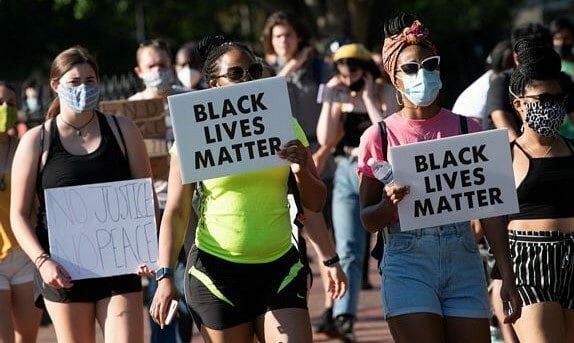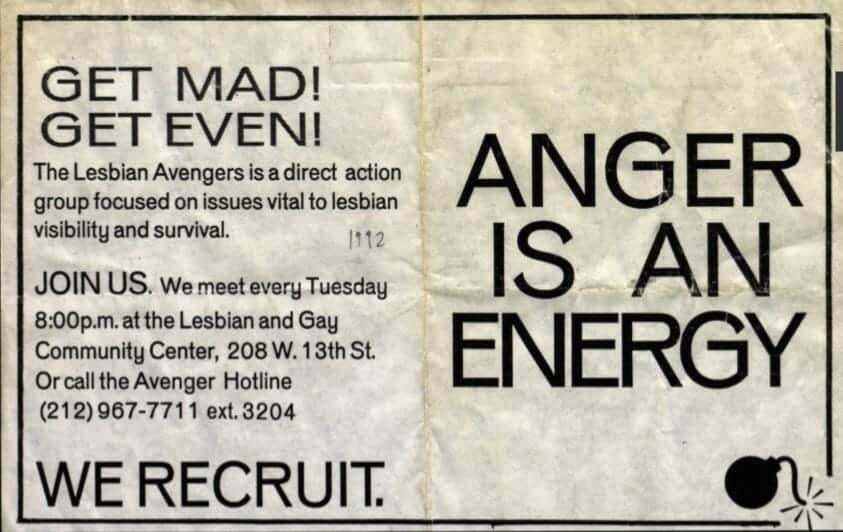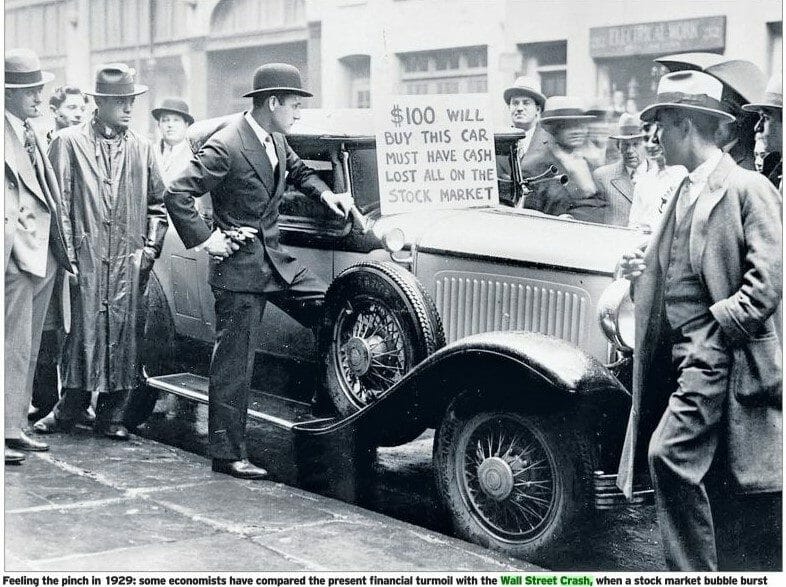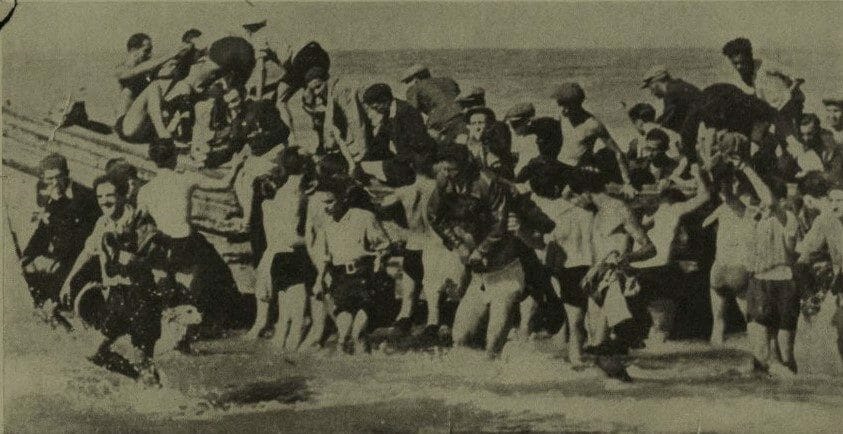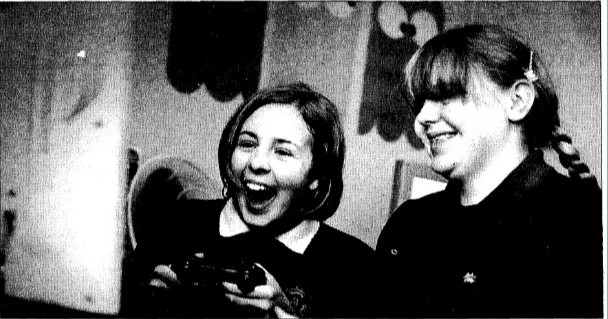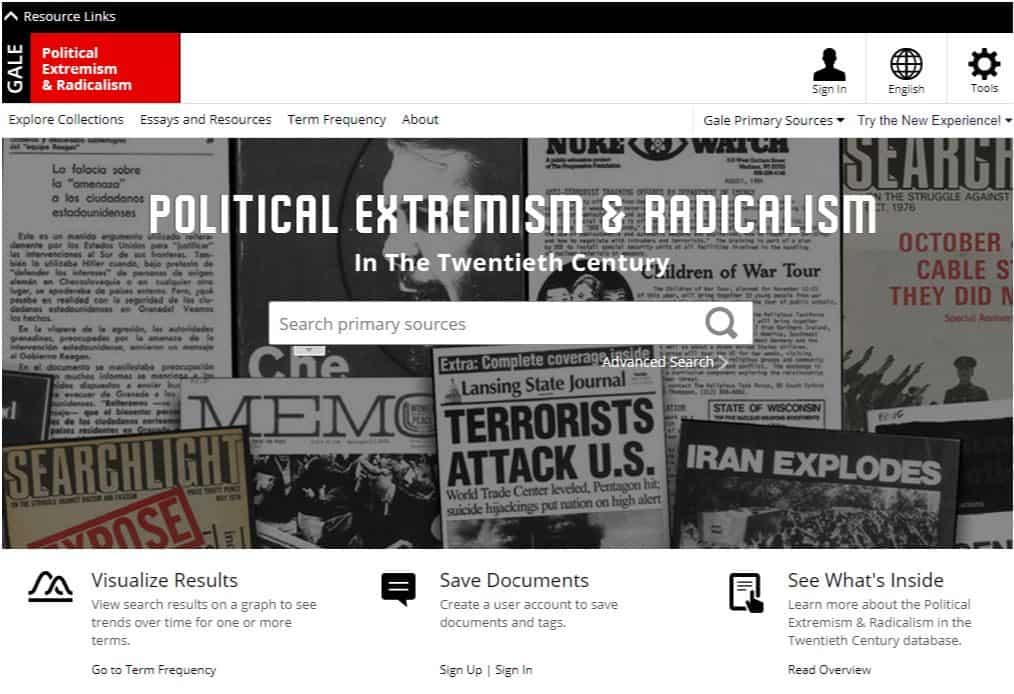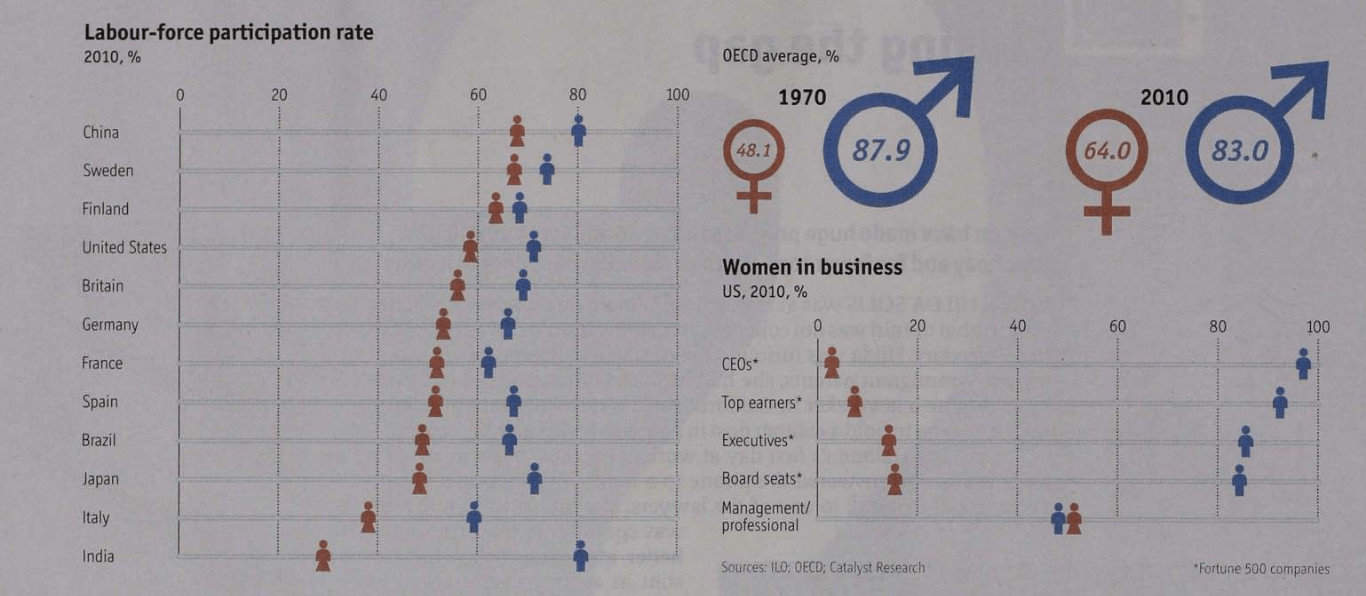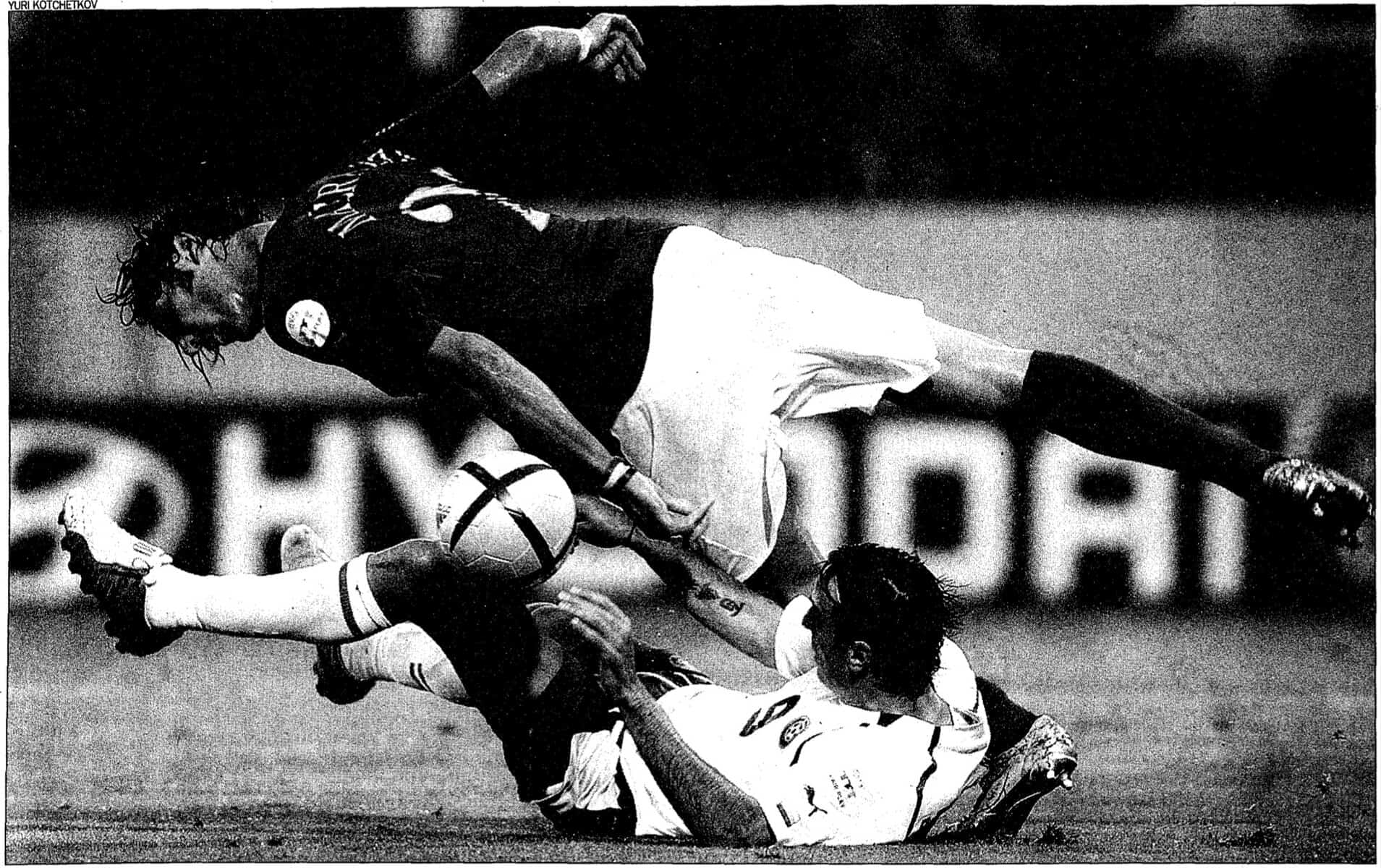│By Emily Priest, Digital Marketing Masters student at the University of Portsmouth│
At first glance, data visualisation and Digital Humanities can seem complex and technical, but both offer significant possibilities to students, researchers and business professionals (the latter is also significant to students, as many are interested in increasing their future employability!) Whilst you may not feel particularly familiar with these terms, the data revolution is already here! So, buckle up and join me as we take a ride through the history and current applications of data visualisation and Digital Humanities!
Simplistically, data visualisation is the use of graphics and images to present data sets. Common examples include pie charts, word clouds and line graphs. Over the years, these visualisation techniques have become increasingly common – and increasingly complex. Whilst they have contributed to the emerging discipline of Digital Humanities, the term Digital Humanities refers to more than simply visualising data. Keeping Humanities at its heart, Digital Humanities leverages data visualisation to expand and deepen the traditional analysis that takes place within these disciplines.


